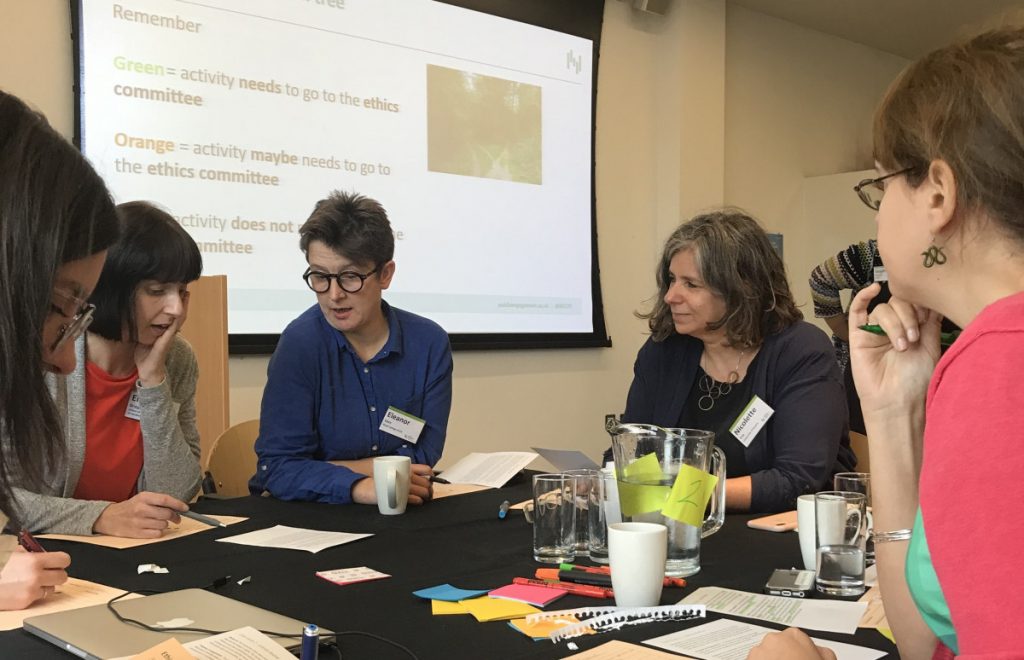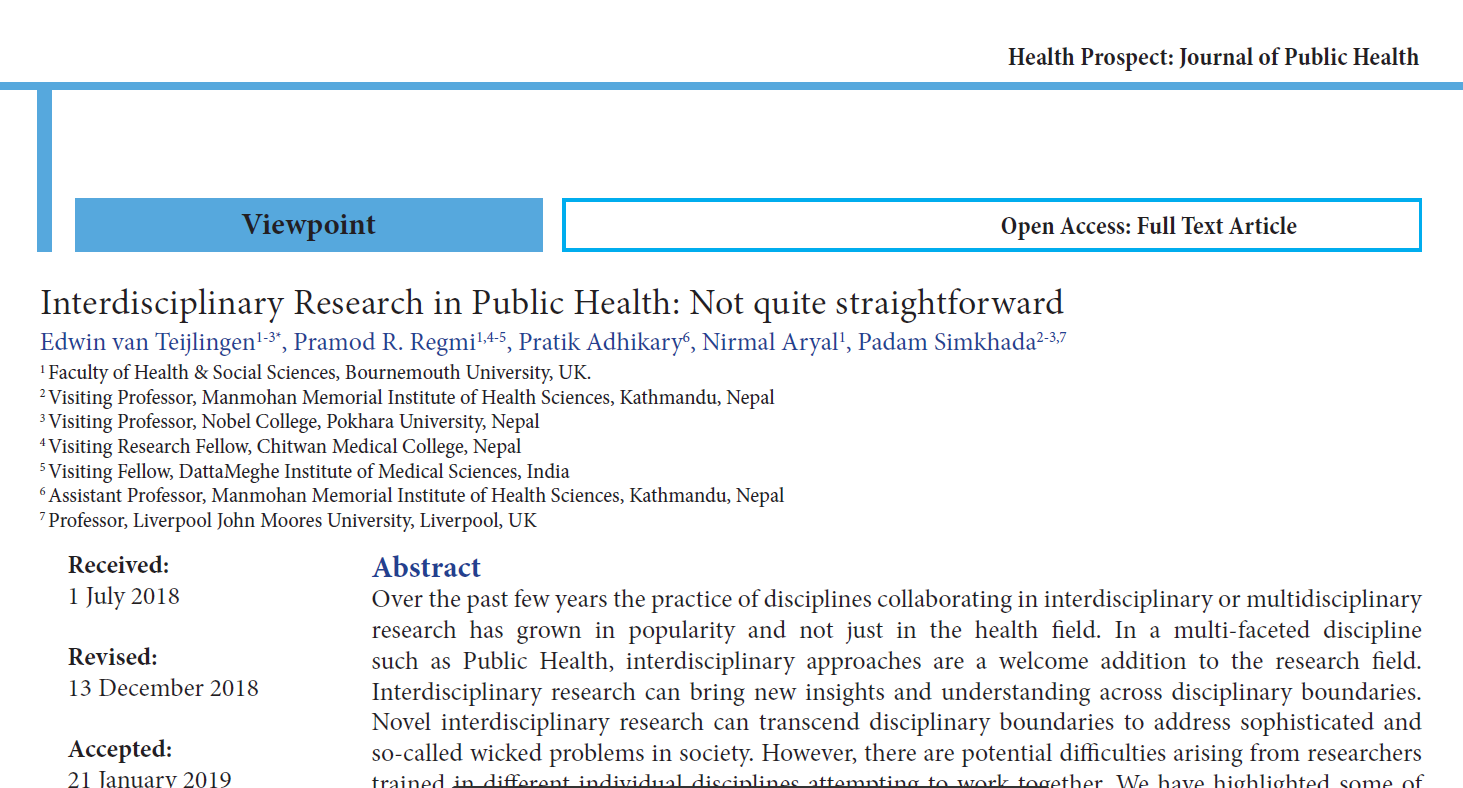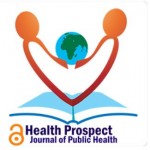
The Royal Society
The Royal Society has some training opportunities coming up in March for researchers who want to find out more about public engagement and school engagement.
12 March 2019, 10am – 4.30pm
This course will enable you to take part in, or create, public engagement activities that are research-led and relevant to you. Designed with early-mid career researchers in mind, the course includes sessions on the benefits of public engagement, what ‘good’ looks like and understanding audiences, as well as how to create public engagement activities that grow out of, and complement, your research.
The course will be delivered by Dr Steve Cross in an interactive and participatory style, combining discussion, reflection and activity based approaches.
Find out more about the course and how to register.
21 March 2019, 10am – 5pm
This course offers early-mid career researchers the opportunity to share experiences and learning with like-minded scientists, to explore approaches for engaging more effectively with schools and young people, and to reflect on your own activities and aspirations for working with schools.
The course will be delivered by Dr Ceri Harrop and Dee-Ann Johnson and will include sessions on understanding the school environment, exploring teacher and pupil expectations, considering learning methodologies and practical tips for pitching, designing and delivering engaging activities in schools.
Find out more about the course and how to register.
Costs
Each course costs £150+VAT. The course fee and travel expenses are covered for Royal Society fellowship holders, including the University Research Fellowship, Dorothy Hodgkin Fellowship, Sir Henry Dale Fellowship, Newton International Fellowship and Industry Fellowship.
If you have any questions please email public.engagement@royalsociety.org.















 Applications are now invited for a
Applications are now invited for a  If you would like your research to have a real impact on policy decisions at a national level, you may want to book onto Achieving Policy Impact in the UK Parliament – a special workshop run by Sarah Foxen of the Parliamentary Office for Science and Technology (POST), the UK parliament’s knowledge exchange unit.
If you would like your research to have a real impact on policy decisions at a national level, you may want to book onto Achieving Policy Impact in the UK Parliament – a special workshop run by Sarah Foxen of the Parliamentary Office for Science and Technology (POST), the UK parliament’s knowledge exchange unit.












 FHSS academics teaching in Nepal
FHSS academics teaching in Nepal New weight change BU paper
New weight change BU paper One week to go! | The 16th Annual Postgraduate Research Conference
One week to go! | The 16th Annual Postgraduate Research Conference Geography and Environmental Studies academics – would you like to get more involved in preparing our next REF submission?
Geography and Environmental Studies academics – would you like to get more involved in preparing our next REF submission? Congratulations to three former BU staff
Congratulations to three former BU staff MSCA Staff Exchanges 2024 Call – internal deadline
MSCA Staff Exchanges 2024 Call – internal deadline Applications are now open for 2025 ESRC Postdoctoral Fellowships!
Applications are now open for 2025 ESRC Postdoctoral Fellowships! Horizon Europe – ERC CoG and MSCA SE webinars
Horizon Europe – ERC CoG and MSCA SE webinars MaGMap: Mass Grave Mapping
MaGMap: Mass Grave Mapping ERC grants – series of webinars
ERC grants – series of webinars